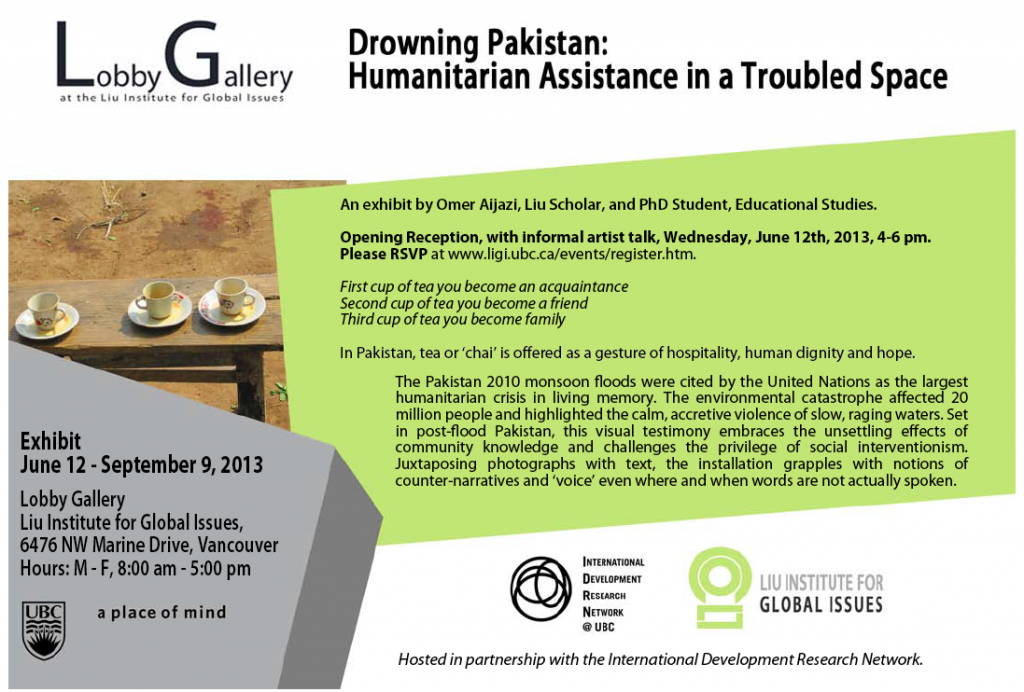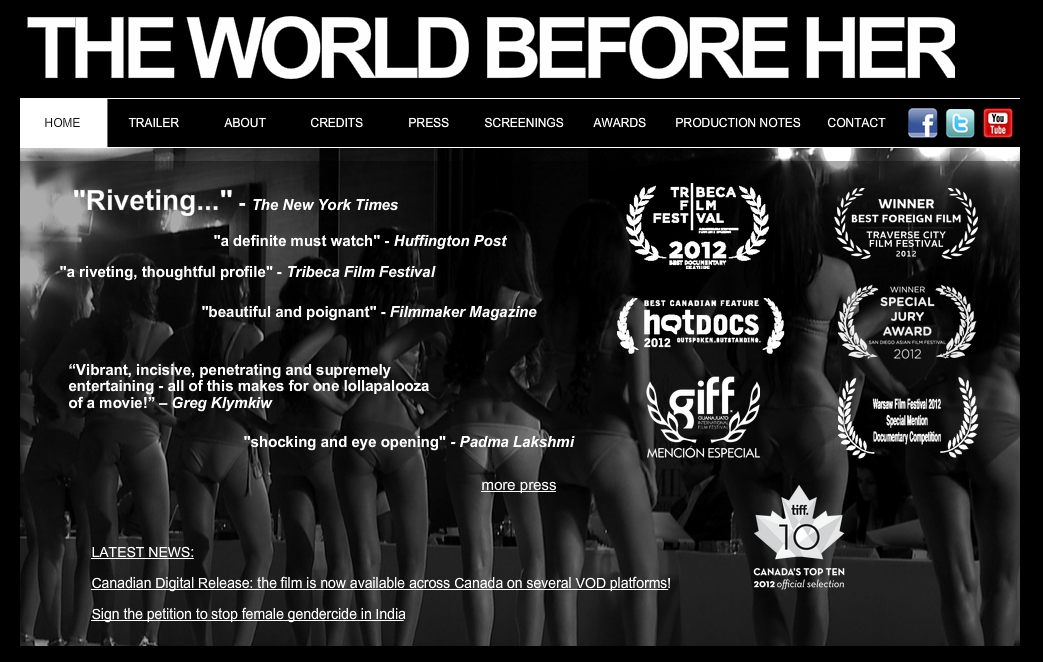- Do you want to write for our Blog? Contact us as at idrn.ubc@gmail.com to know how!
STAY CONNECTED!
Tags
- access
- agriculture
- alumni
- anthropology
- asia
- best
- Campus Dialogue
- cape town
- Critique
- Culture
- development
- development courses
- economics
- education
- environment
- event
- Exhibits
- fieldwork
- Floods
- food security
- Gender
- global
- global health
- Guatemala
- Haiti
- Ideas
- IDRN
- Interdisciplinary
- International Development Week
- international relations
- local
- methods
- newsletter
- Northern Canada
- open house
- Pakistan
- perspectives
- Photography
- research
- rights
- south africa
- sustainability
- top
- water
- women rights
Categories
- Aid (4)
- Communication (3)
- Conferences (5)
- Conflicts and Justice (4)
- Consumption (2)
- Design (1)
- Education (3)
- Environment (5)
- Events (18)
- Exhibits (2)
- Films (2)
- Food Security (4)
- Health (2)
- Inequality (5)
- Interviews (1)
- Latin America (2)
- Opportunities (13)
- Publications and articles (7)
- Reviews (2)
- South Asia (1)
- Talks and Presentations (14)
- Uncategorized (28)
- Video (4)
- Water (1)
IDRN Members’ Site
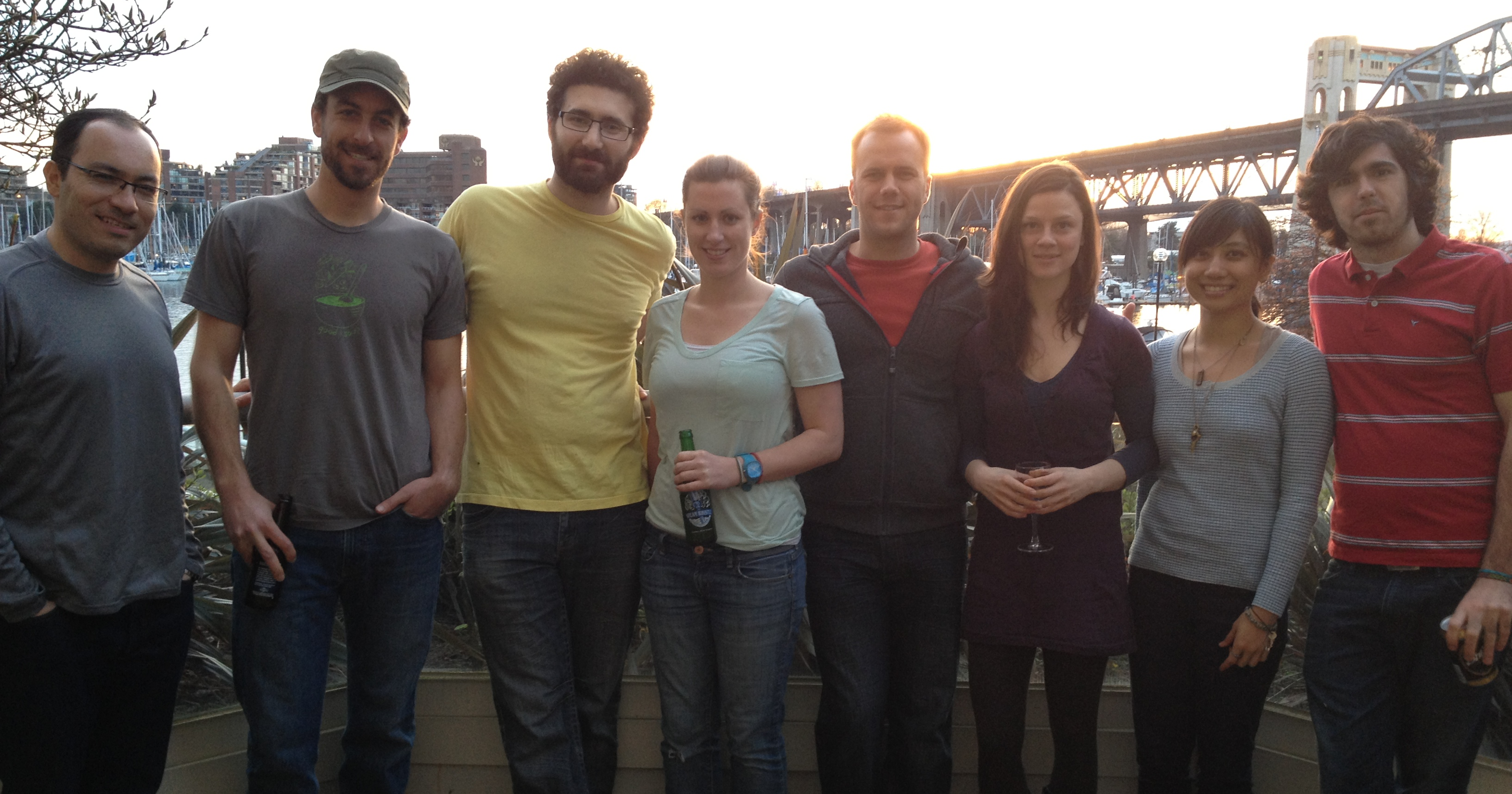
You are currently on the IDRN Main Site. Click here to enter the IDRN Members' Site, or to become a member.
-
Recent Posts
- Winter course: Development in Theory and Practice
- Introducing IDRN’s Field Debrief Series – Nov. 26th
- International Roundtable on Artisanal Gold Mining (Dec 1-3)
- Nov 12: IDRN Recrutiment Meeting
- Panelists confirmed for IDRN Annual Event 2015
- IDRN Annual Event 2015
- March 3: Photojournalist Paul Watson @ the Liu Institute
-
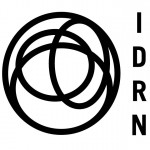
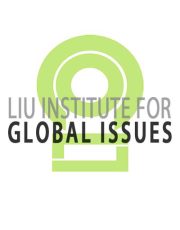
EXHIBIT and EVENT–Artist talk, Wednesday, June 12th, 4-6pm
Posted in Events, Exhibits, South Asia
Tagged Exhibits, Floods, Pakistan, Photography
Comments Off on EXHIBIT and EVENT–Artist talk, Wednesday, June 12th, 4-6pm
Campus Dialogue event – Breakout Groups

Those who came to our Open Campus Dialogue will remember the thought-provoking discussions we had going during the Breakout Groups.
After the four panel speakers presented their ideas on what development means for their field of study, they were divided in 4 groups with other students, professors, and practitioners.
What follows are their groups’ answers to the question:
“How can development education at UBC be improved to better prepare students to work in development research and practice?”
The video above is a summary.
—
Dr. Sean Smukler’s group focused on the importance of making courses more integrated with specific projects and more connected to people living in developing countries.
“ We came to a general consensus that a place like UBC should not be trying to produce development workers per se. One becomes a development worker especially by engaging with the people and communities afflicted by poverty.
Therefore, the learning of development should happen outside the classroom in the developing countries, where local people can teach and inform us on local issues. In our classes, we should integrate more ‘case-study’ approaches and have discussions with development workers of from the field who can provide a contextual understanding of the needs and problems faced. ”
—
Dr. Benita Bunjun’s group took a more self-reflexive approach to the theory and practice of Development.
“ There is a lack of training on processes of racialization in preparation for ‘development’ work abroad. We should be asking ourselves: Who do we ‘do’ development for? Who and what do ‘they’ and ‘we’ get out of development? What is this urgency we have to send people abroad to do development work?
We need more self-awareness and self-reflection in the teaching of development, because development in practice is sometimes very self-serving and hides unequal power relations. Development can be redefined around the notion of solidarity and relationships, rather than giving/helping/teaching. We need a shift in the discourse. ”
—
Dr. Patrick Francois’ group took a practical approach to development that looks at specific problems developing countries are facing. They also highlighted the difficulty of bringing disciplinary gaps.
“ Development economics engages with focused and bounded problems (ex: inequality or child mortality), and for us discussing the broad concepts of ‘development’ is not constructive. Similarly, if our interdisciplinary dialogues also focused on specific topics and problems in development we could bring about more constructive discussions and more effective solutions.
In addition, the Open Campus Dialogue today has made us realize the importance of defining more clearly the boundaries between disciplines. We should be taught where a particular discipline stands with respect to others, what questions each disciplinary methodology can answer, and what are the implications of our discipline on how we apply development more broadly.
Therefore, UBC should have interdisciplinary courses in development, in which multiple disciplines are in dialogue in a class where specific themes or problems in development are addressed and solutions are sought. ”
—
Dr. Michael Leaf’s group addressed what needs to be included in a development studies curriculum.
” From today’s discussions we realized the importance of including a thematic cases and an experiential components to development learning.
In teaching development we should emphasize the positionality of the individual, the relations we have to the ‘other’ and the power and gender relations. To do this we should emphasize in the development curriculum the history of development starting with the pre-colonial encounters, give importance to learning the languages, and teach the culture of the places. ”
Posted in Conferences, Events, Video
Tagged anthropology, Campus Dialogue, Critique, development, economics
Comments Off on Campus Dialogue event – Breakout Groups
BREAD Ideas Challenge
The *BREAD Ideas Challenge* is an opportunity for researchers in the agricultural sciences to bring attention to what they believe are the *most pressing issues facing smallholder farmers in the developing world today.* Not only will the prizewinning Challenge Ideas be showcased for the international community to draw attention to these important challenges: Prizewinners will also receive up to $10,000 USD each for the best ideas!
Exhibition of Student Projects on Addressing Global Challenges
Unpacking the Development Discourse on Campus: Review of Soci 301A’s Exhibition of Student Projects on Addressing Global Challenges
Written by Sonia Medel, April 24th, 2013.
On Wednesday April 17th and Friday April 19th Dr. Sophia Woodman’s Sociology of Development 301A students presented their development and globalization projects. Dr. Woodman’s course offers the chance for students to explore critical perspectives on issues related to development.
Several student groups took the task seriously and approached development from alternative perspectives, addressing themes such as conflict minerals, HIV/AIDS, gender violence, urban inequality, food security, sustainability, indigenous rights, access to education, human trafficking, reproductive rights, partnerships in development rather than from the neoliberal ‘West knows best’ perspective.
The presentations were a vibrant reminder that students on our UBC campus are eager to challenge the development discourse, learn indigenous and non-western ways of conceptualizing ‘change’ and collaborate on community needs based projects. Despite time constraints, students went beyond the call of completing the class assignment requirements to research controversies around campaigns and case studies including the negative impacts of development projects and the challenges of working along participatory development frameworks. Many students shared the opinion that we should no longer be talking about development, but rather about change for greater social justice and that work for the latter is gruelling, emotionally draining and rarely how dominant development institutions/ organizations portray it to be. It was motivating to hear students understanding that before the ‘development’ gaze turns international, it should be focused on addressing local histories, issues, controversies, and community needs. There is plenty of ‘development’ work to be done right here in Vancouver!
The “Bringing a Global Perspective of Sexual Health to the BC Classroom,” team (Clarissa Ramirez, Chaviva Mansinger and Francie Kaplan) pointed out that if we want to improve education, we need to begin by looking at our BC high school curriculum and question whose perspectives are included/ excluded. Their suggestion was to approach sexual health, by dialoguing about educational models that communities in other countries are engaging. The point: to understand how religion, culture, and politics impact the teaching of sexual health, a critical issue related to HIV/ Aids prevention and reproductive rights.
The “Youth Action! Working Together to End Violence Against Aboriginal Women in Canada,” team (Ryan Nicholson, Abigail Jackman, and Coral Kasirer) invited people to check out their blog, www.vaaw.wordpress.com. They envision a week long workshop for high school students, during which students will be taught about past and present violence that aboriginal women face as human rights issues. A crucial part of this process would be learning about current action strategies to mitigate violence against aboriginal women and gaining the understanding necessary to become allies and activists with communities they are familiar with and those outside of their own.
The “Educate Through Partnerships Initiative,” group (Kristi Choi, Kristen Harris, and Cristine Chang) http://educatethroughpartnerships.wordpress.com/about/ highlighted that although our focus should continue to be on creating education programs in partnership with communities, we need to be weary of institutional/ organizational connections with communities that perpetuate unequal power relations between the ‘donor’ and ‘recipient’ countries. They point out that true collaboration is often lacking especially when it’s between large institutions such as universities and organizations such as the World Bank.
What’s still needed on our campus? Firstly, students would love more courses that push them to critically analyze terms such as development and globalization. Next, more faculty prepared to encourage their students to question their personal perspectives, assess the role/ impact (both positive and negative) of institutions such as UBC both locally and broadly and reconsider the ethics behind their participation in ‘development’ oriented work. Finally, there is a need for more venues across our campus where students, staff, and faculty who are involved in development work (whether it’s through individual research, service learning programs, course teaching, or critiquing development) from diverse faculties can come together to actively discuss how development is being carried out and challenged!
Many thanks to Dr. Sophia Woodman for inviting us in to serve as an audience for critical student led discussions on development and globalization.
Posted in Conferences, Education, Publications and articles, Reviews, Talks and Presentations
Tagged Critique, development, development courses, education, local, women rights
Comments Off on Exhibition of Student Projects on Addressing Global Challenges
Undergraduate Representative Position OPEN
In response to high demand for greater undergraduate participation in the IDRN, we have created this position. The IDRN is a graduate research network and the role of the undergraduate representative will be to connect the graduate network to the wider undergraduate audience at UBC. This is a voluntary unpaid position that will expose you to an interdisciplinary graduate environment with people who share a strong interest in international development issues. The main role of this position is to maintain good communication with undergraduate members and clubs/associations and to provide an undergraduate perspective in planning events in order to to make them relevant and useful for the undergraduate community. This is an unpaid volunteer position.
TASKS
As much as possible, the Undergraduate Representative will:
– Attend IDRN meetings and events;
– Communicate IDRN events to undergraduate members, and maintain an active relationship with undergraduate clubs and associations (i.e., Represent IDRN at Club Days, promote IDRN events via social media);
– Expand undergraduate participation.
QUALIFICATIONS
The ideal candidate should:
– Demonstrate a genuine interest in development theory and practice;
– Be motivated and committed to the work assigned;
– Have experience with public relations and outreach;
– Prior experience as an executive in UBC clubs and associations is a strong asset.
TO APPLY send Cover Letter to idrn.ubc@gmail.com by April 30th.
Here is the Undergraduate Representative position Poster.
EVENT
Film Screening: The Chocolate Farmer
17 April 5:45-8:00pm
The International Development Research Network and the Liu Institute for Global Issues present
“Without the land, we will cease to exist.”
In an unspoiled corner of southern Belize, cacao farmer and father Eladio Pop manually works his plantation in the tradition of his Mayan ancestors: as a steward of the land. A tender and moving family tale, director Rohan Fernando’s lush cinematic journey intimately captures a year in the life of the Pop family as they struggle to preserve their values in a world that is suddenly and dramatically changing. A lament for cultures lost, this timely and vital film challenges our deeply held assumptions of progress.
Wednesday, April 17, 5:45pm-8:00pm
Liu Institute for Global Issues (Multipurpose Room)
RSVP now! (limited space): idrn.ubc@gmail.com or FB Event Page
Posted in Events, Films
Tagged agriculture, Culture
Comments Off on EVENT
Film Screening: The Chocolate Farmer
17 April 5:45-8:00pm
Film Screening: The Chocolate Farmer
17 April 5:45-8:00pm
Article: Social Entrepreneurs and Pro-poor Mortages
Below is a link to a good in-depth and multimedia article about an interesting for-profit but pro-poor venture in Cambodia. Really cool that they take the time to get to know their customers and thereby provide financing to folks that otherwise wouldn’t have access. However, I can’t help but wonder about the potential consequences of burdening super-low income households with high-interest debt: a valuable service, but not without its costs! Be sure to listen to the audio or click the “transcripts” link to get the full story.
New Mortgage Program Helps Cambodia’s Poor Find Better Homes
http://www.npr.org/2013/04/04/176121367/new-mortgage-program-helps-cambodias-poor-find-better-homes
Posted in Publications and articles
Comments Off on Article: Social Entrepreneurs and Pro-poor Mortages
Anthropology Event on Development in Northern Canada
The Anthropology Graduate Students Association (AGSA) will be hosting Conversations in Anthropology: “The Risks and Values of Development in Northern Canada”. This will be the first annual event of ‘Conversation in Anthropology’. in an effort to disseminate scholarship, generate thoughtful discussion around complex issues in our world, and provide a venue for interdisciplinary explorations of these issues.
The Speakers will include Dr. Bruce Miller, Anthropology; Rick Ouellet, First Nations Studies; Caleb Behn, environmental law and sustainability; Dr. Ralph Matthews, Sociology, social and economic development and public policy; Joe Foy, National Campaign Director for the BC Wilderness Committee; Dr. Janis Sarra, law and economics
This year’s conversation centers around issues related to resource development and industrialization in Canada’s north and its value to and impact on local communities, including those of First Nations.
The event will be a monitored panel discussion with Q &A. There will be a reception with complementary snacks and refreshments beginning at 8 PM.
When: March 14th, 2013, 6-9 PM
Where: Michael M. Ames Theatre at the Museum of Anthropology, UBC, 6393 N.W. Marine Drive Vancouver, B.C
Posted in Events
Tagged anthropology, development, First Nations, Northern Canada
Comments Off on Anthropology Event on Development in Northern Canada
EVENT
Film Screening: The World Before Her | *Award Winning* |
20 March 5-7pm
The International Development Research Network and the Liu Institute for Global Issues present
Wednesday, March 20, 5:00pm-7:00pm
Liu Institute for Global Issues (Multipurpose Room)
RSVP now! (limited space): idrn.ubc [at] gmail.com
“Indian-Canadian filmmaker Nisha Pahuja’s documentary …[is a] thought-provoking film that examines women’s limited choices in a patriarchal country reeling from the contradictions of rapid modernization. Along the way, it highlights how such concepts as oppression, empowerment and dignity can be manipulated for political purposes.”
-The Guardian
“On the one hand, there’s the extremely popular Miss India contest, which overnight can turn a dirt-poor girl into a superstar in this nation of one billion people. But just a handful of hopefuls get to try out, as we see in a beauty boot camp for 20 girls in a Mumbai hotel, where sexism and degradation are commonplace and Botox and skin-bleaching are recommended even for teens…
…On the other hand, there are the fashion-averse teachers of Durga Vahini, the women’s wing of Hindu fundamentalism. They have their own boot camp indoctrination sessions designed to make women subservient to men — and also to preach hatred against Muslims and Christians.”
-The Star
Posted in Events, Films, Uncategorized
Tagged documentary, film, Gender, India
Comments Off on EVENT
Film Screening: The World Before Her | *Award Winning* |
20 March 5-7pm
Film Screening: The World Before Her | *Award Winning* |
20 March 5-7pm
Collaborative Adaptation Research Initiative in Africa and Asia (CARIAA), isa seven-year research program launched in 2012 and jointly funded by the UK’s Department for International Development (DFID) and Canada’s International Development Research Centre (IDRC).
CARIAA supports collaborative, interdisciplinary research in three climate change hot spots in Africa and Asia: deltas, river basins affected by glacial and snowpack melt, and semi-arid regions. Visit our website for more about our approach.

Funding Opportunity for Collaborative Research: Call for Concept Notes
They are now inviting submissions for research consortia interested in joining the CARIAA initiative. A call for concept notes on collaborative adaptation research in the three hot spots is now open until April 4, 2013. The selected consortia would be expected to lead innovative programs of research into the impacts of climate change on vulnerable populations in the hot spots from 2013 to 2019.
Coverage of CARIAA at COP18 in Doha
The CARIAA Team held a day-long Consultation and Discussion Series in Doha on the margins of the 18th Conference of the Parties to the UNFCCC (COP18). The meeting featured three expert panels who engaged the audience in discussions about the context for the CARIAA program, ongoing background studies on the three hot spots, and lessons for CARIAA to consider on effective ways to inform policy and practice.
Presentations and full proceedings from the event are now available online.
Posted in Opportunities, Publications and articles, Uncategorized
Tagged Africa, asia
Comments Off on

